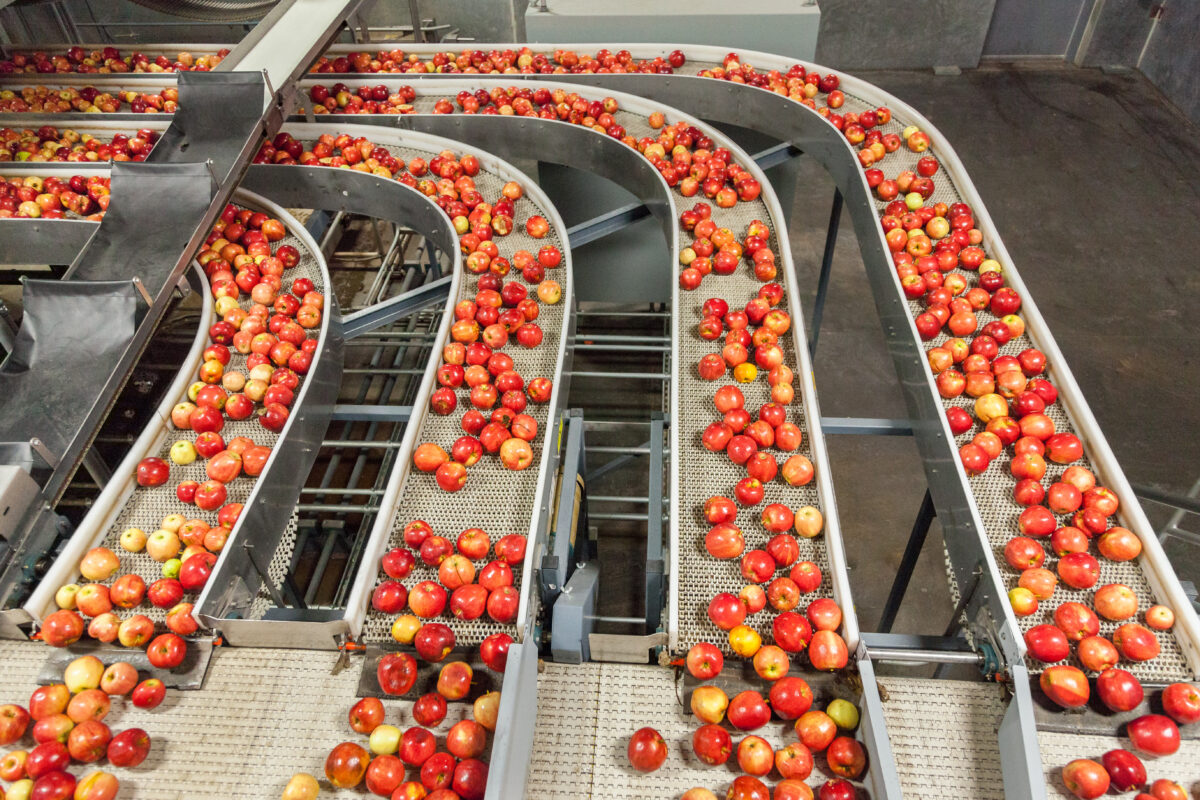North Avenue Capital (NAC) was founded in Ponte Vedra, Florida, in 2014 by a consortium of entrepreneurial men with an undying faith in the job-creating, community-building power of Rural America. Today, Florida-based North Avenue Capital leads the nation in competitive rural funding, occupying the enviable spot of the country’s #1 lender of USDA Business & Industry Loans nationwide. In 2021, North Avenue Capital will be defending this title as we expand the reach of the marketing department through digital marketing.
But even as North Avenue Capital (“NAC” for short) continues its growth, its Florida-based team of lenders, financial analysts, marketers, and executives are committed to remembering their roots. The team remains loyal to the borrowers, clients, and customers in its own sun-soaked, orange tree-dotted, alligator-occupied Florida backyard.
So what does government-guaranteed funding look like? Thanks to the commitment of the USDA’s Florida offices, and the tirelessness of the North Avenue team, securing a loan through the USDA Rural Development Program is a process marked by close support every step of the way.
Here, we’ve put together five simple steps to finding competitive financing, determining eligibility, and applying for a USDA Business Loan in Florida.
Determining eligibility for any loan takes a fair amount of groundwork on the part of either a borrower or a broker. Government-guaranteed lending, such as the Business & Industry loans offered under the USDA’s Rural Development Program, comes with its own requirements that must be met by a borrower, verified by the lender, and understood by the USDA.
While Florida is a unique state for operating a business in many regards, determining eligibility and qualification for a USDA Business Loan in Florida is no different than qualifying in any other state. USDA Business Loans in Florida require the same or similar standards as USDA Business Loans across the country. What are they? Let’s dive in. Here, we outline details of the USDA Rural Development Program:
1.) Where you live matters – a lot. While the USDA’s reputation of service exclusively to agriculture doesn’t apply to its business & industry loan program, its rural designation certainly does. In order for a business to qualify, it must occupy an address in a locale designated as “rural” according to the USDA’s definition of the word. According to the USDA Rural Development Program guidelines, a project is deemed eligible if it is in a “rural” area of the United States or U.S. territories. ‘Rural’ America makes up 97% of the United States land area. That typically means a town with a population of under 50,000. What many customers are surprised to hear is that 97% of the geographic United States fits such a definition. Want to know where you stand? Visit our USDA Geographic Eligibility Map, located on our website at northavenue.com/map, to find out if your address qualifies. Through this USDA Eligibility Map, visitors will be able to determine whether the location of the project in question for financing is eligible for a USDA Business Loan in Florida.
2.) Your industry can be a make or break. In order to qualify for a USDA Business Loan, the project must fit into an eligible industry for financing. These include, but are not limited to, manufacturing loans, hospitality loans, family entertainment loans, industrial loans, commercial real estate loans, and constructions loans, among others. Once that bar has been passed, the use of capital comes into consideration. North Avenue Capital will consider financing a project under any of the following scenarios: refinance, acquisition, start-up, or equipment loans.
3.) The amount of funding you seek (“loan parameters”) must fall within a specific range.
To qualify for the USDA Rural Development Program, borrowers must be seeking loans with a minimum loan amount of $2 million and a maximum loan amount of $25 million. This goes for Florida-based borrowers, as well as borrowers in any other state. Some lenders consider USDA business & industry applications for as little as $1 million, but North Avenue Capital sets $2 million as their minimum, negating the program minimum of $1 million due to high front-end costs, origination costs, and resource payouts.
4.) Yes, your credit score still matters. To qualify for a USDA Business Loan in Florida from North Avenue Capital, NAC requires a minimum credit score of 680. This is considered by most lenders to be “fair credit,” just 10 points less than the 690 hurdle that carries the label of “good credit.” From the stages of loan origination to the final closing table, NAC will only soft pull a borrower’s credit. Why? We understand that our borrowers are seeking the best financing option available for their bottom lines, and we want to help them do just that. Because there are ancillary qualification requirements, we do not want to create hardship by being another lender to add to the list of firms to hard pull your credit, thus affecting financing options in the future.
5.) Collateral is key. North Avenue Capital requires a 1:1 discounted collateral stake when applying for a USDA Business Loan in Florida. This simply means that if a borrower is seeking a $2 million loan for his or her business, they must be able to back the loan with tangible assets that total a minimum of $2 million as well. Tangible assets can include real estate, machinery and equipment, and in some cases inventory and receivables*.
*Taking inventory and receivables for collateral is not eligible for all industries. Keep in mind, NAC does not take water rights, oil rights, personal housing, etc. as collateral.
Florida-based business owners, look no further than North Avenue Capital.
The USDA’s Rural Development program has been a lifeline for rural communities across the country. The Business & Industry loan program provides competitively priced funding through a public-private partnership between the USDA and lenders like North Avenue Capital. Business owners get the capital they need, rural communities maintain and grow local jobs, and entire communities stand to benefit.
Not sure if you’ll qualify? Consult the map and get in touch. You may be surprised.


